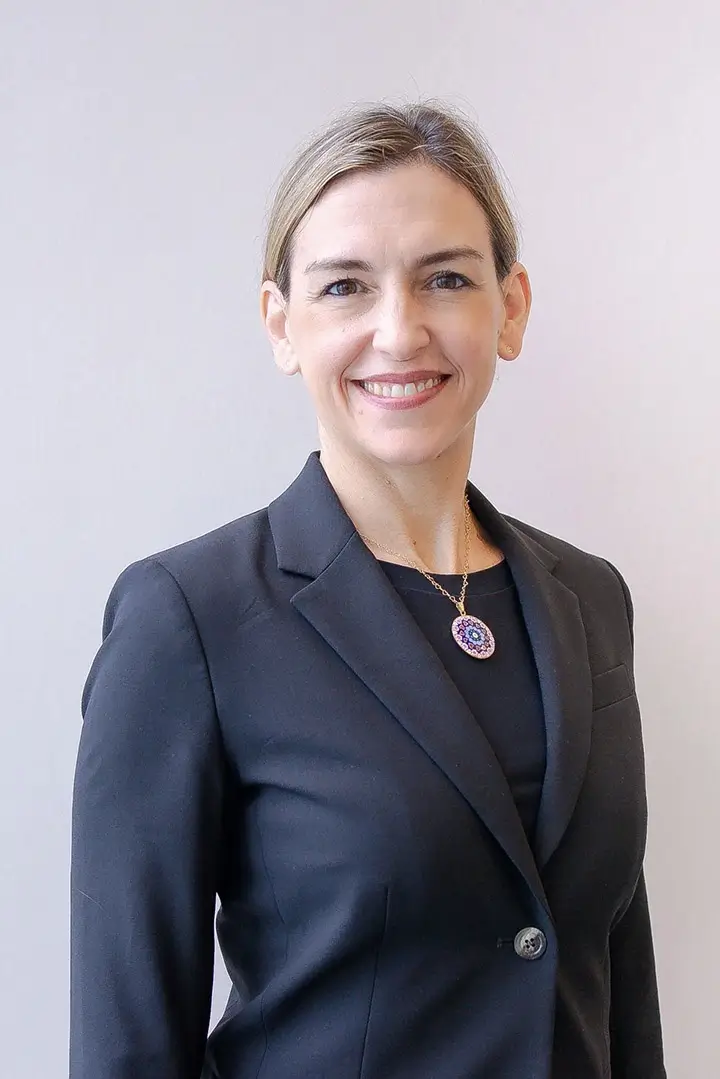In 2007, when Marsh Mayfly suffered a tendon injury, it seemed as though her career was over. But after receiving adult stem cell therapy and taking some time off to have a foal, the 12-year-old horse returned to the circuit with renewed strength and vigor. Last month she won the Burnham Market CIC and then took third place in the advanced section at the Belton Trials.
It was after finishing in 4th place at the Chatsworth International in 2007 that Marsh Mayfly, also known as "Flower", began developing inflammation in her right foreleg. According to the horse’s owner and breeder, Ann Lawson, "Flower is a brave horse with a wonderful temperament. Show jumping is her weak point but she jumped beautifully at Chatsworth only to pull up lame. We were understandably devastated but our vet Andrew Miller remained optimistic and recommended stem cell therapy. We duly proceeded with the treatment and also decided to put Flower in foal."
According to Dr. Miller, equine veterinarian from the Ark Vet Centre in Lockerbie, "Scans showed fiber damage in the mare’s off fore superficial digital flexor tendon. Stem cell therapy offers a good prognosis for this type of injury and was the ideal treatment protocol in the circumstances. Ann’s desire to put Flower in foal also tied in well with the required rehabilitation program following treatment."
The company VetCell Bioscience developed the equine autologous adult stem cell procedure in the U.K., where such therapy is routine practice at most equine veterinary locations, and is even covered by most equine insurance policies. Unlike other companies such Vet-Stem in the U.S., which uses mesenchymal stem cells (MSCs) derived from the adipose (fat) tissue of animals, VetCell uses MSCs that are derived from the animal’s own bone marrow which is extracted from the horse’s sternum. The MSCs are then isolated, expanded to more than 10 million cells, re-suspended in bone marrow supernatant which is rich in growth factors and other chemical nutrients, and then the cells are injected directly into the site of the injury where the cells regenerate the tendon tissue and also prevent the formation of scar tissue, which is often a main hindrance to healing and the cause of future reinjury. Physical rehabilitation and a controlled exercise program are also important to the recovery of the horse, and periodic MRI (magnetic resonance imaging) scans are taken to monitor the healing. As Ann Lawson describes, "We adhered to the rehabilitation program religiously until it came to the cantering when Flower was just too large for any faster work. On June 3rd she gave birth to Perry, a colt foal by the dressage stallion Pro Set. After weaning we started exercise again, including a weekly workout in our local equine pool at Pine Lodge."
The horse began competing again in April. According to Marsh Mayfly’s rider, Ruth Edge, "She gave me wonderful rides at Burnham Market and at Belton and felt fit, keen and full of power. She’s such a generous horse and it’s great to be back on board. Luhmuhlen is next on the calendar and I’m looking forward to it."
VetCell Bioscience specializes in the development and commercialization of new biotechnologies for veterinarian musculoskeletal regeneration. VetCell was formed in partnership with the Royal Veterinary College and the Institute for Orthopaedic and Musculoskeletal Science, and is a trading company within MedCell Bioscience, its parent company, which develops musculoskeletal regenerative therapeutics for human clinical treatment. As stated on their website, "VetCell has rapidly commercialised a technique for the multiplication of equine stem cells which can be used in the treatment of tendon and ligament injury. This service is now available to veterinary surgeons in the U.K. and internationally. VetCell has also developed a simple method for separating and storing stem cells from the umbilical cords of foals." Although VetCell specializes in the treatment of horse injuries, they are also expanding their services and products to therapeutic applications for dogs, cats and other domestic species. Headquartered in Cambridge, England with laboratories in Edinburgh, Scotland, MedCell and VetCell also have offices in Germany, Spain, China, Australia, South America, Canada and the United States.

